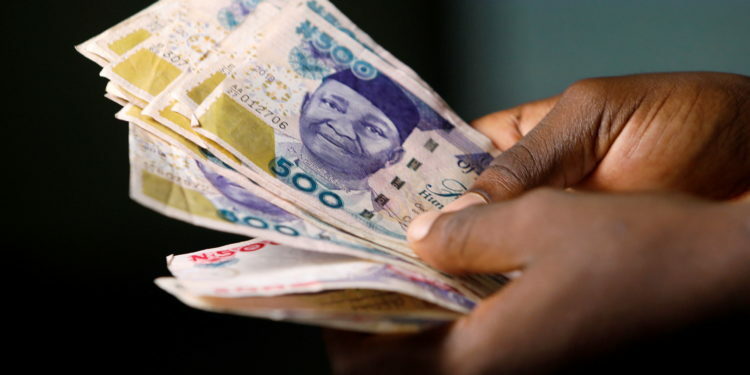Nigeria’s Supreme Court on Friday ordered the central bank to extend until Dec. 31 the use of old banknotes, whose withdrawal from circulation became an election issue after it caused cash shortages, widespread hardship and anger.
The Supreme Court that the Central Bank of Nigeria’s plan to discontinue the use of old bills by Feb. 10 was unconstitutional. The judges ruled that the notes should remain in circulation until the end of the year, Nasir El-Rufai, one of the state governors that brought the suit, told reporters afterwards.
The yield on Nigeria’s 2032 dollar bonds fell 16 basis points to 12.47% earlier Friday and the notes retained their gains after the ruling was announced.
The central bank’s project to replace 200, 500 and 1,000 naira notes that started on Dec. 15 has disrupted everyday life in Africa’s most populous nation, where only 60% of households have access to a bank account, because of a shortage of new bills.
Private-sector activity last month contracted for the first time in almost three years as companies reduced output and cut jobs because of the scarcity.
Sixteen states in Nigeria had brought the case to the court, arguing that Most Nigerians were stuck with old notes and needed more time beyond the Feb. 10 date when the bills ceased to be legal tender in a botched move to replace them with newer ones.
Replacement banknotes have been in short supply, which has caused chaotic scenes at banks and adding to Nigerians’ already boiling frustrations with high inflation and fuel shortages. It has also overwhelmed the digital banking network as a flood of transactions shifted into cyberspace.
Read also; Nigeria Supreme Court Suspends Friday Deadline to Swap Banknotes.




